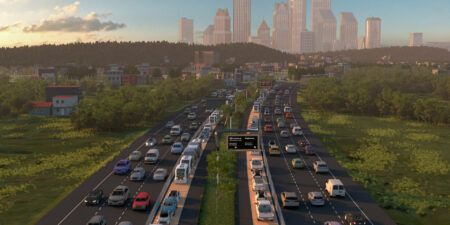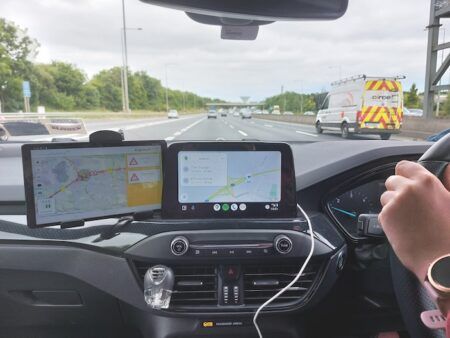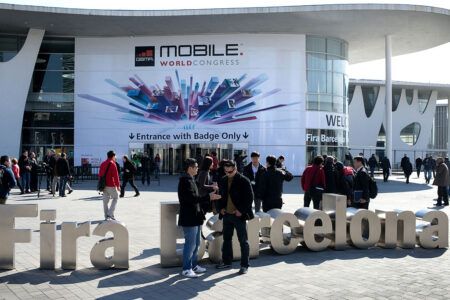In recognition of increased consumer demand for data and services in connected cars, the World Wide Web Consortium (W3C) has announced a new automotive industry collaboration to bring drivers and passengers a rich internet experience. The effort will focus initially on giving application vendors standard and more secure access to vehicle data. In February 2013, auto manufacturers, chip makers, browser developers, and mobile operators began work on draft specifications for car data, such as vehicle identification, acceleration and speed, tire pressure, battery status, and personalization information, such as seat position and climate information. The new Automotive Working Group is chartered to advance the draft specifications to international web standards.
Numerous automotive industry leaders participated in the Automotive and Web Platform Business Group that created the draft specifications, including: BSQUARE, BlackBerry, Continental, Ford, General Motors (GM), GENIVI Alliance, German Research Center for Artificial Intelligence (KI), Harman, Hyundai, iHeartMedia, Intel, JEITA, Jaguar Land Rover (JLR), Japan Automobile Research Institute, KDDI, LG Electronics, Mitsubishi, Neusoft, Nokia, OpenCar, Orange, Pandora Media, Porsche, Samsung, Sharp, Telenor, TotalFinaElf, Verisign, Visteon, Vodafone, and Volkswagen. In parallel to the standardization effort, the Business Group will now turn its attention to developing requirements on a number of new topics, including media tuners and speech interfaces.
Launching the new collaboration, W3C CEO, Jeff Jaffe, explained, “Car owners want access to the web and receive real-time updates about their vehicles and the world around them, including weather, traffic, and parking information. They also want smooth integration with their mobile devices. No other platform can match the web’s ability to bridge the diversity of data that will come from the car, user devices, the web, and the Internet of Things (IoT). But we need to enable web access in a way that does not compromise safety, and to provide secure access to data in a way that takes into account user privacy preferences. The auto industry’s support for this new initiative is an encouraging sign that the Open Web Platform will help make driving safer and more fun.”
“Connectivity is transforming the car industry,” said Matt Jones, head of future infotainment at Jaguar Land Rover. We believe the web is the auto industry’s best path forward to keep up with rapidly changing consumer expectations and evolving technology, as well as addressing challenges such as over-the-air updates and advanced diagnostics. Using web technology in the car will reduce time to market for automotive apps, and allowing more innovation from existing development teams.”




